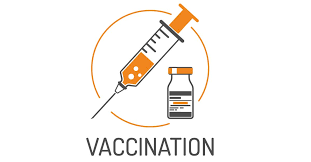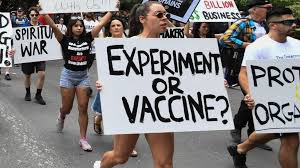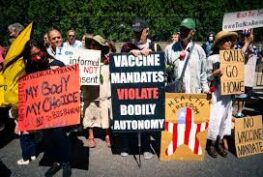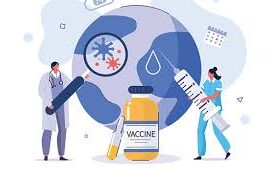

Vaccinations are a routine procedure that are common occurrences in our local GPs. But what is the science behind them and what difference do they truly make in our lives?
Vaccines are defined as ‘a substance used to stimulate immunity to a particular infectious disease or pathogen.’ But what does this truly mean to the millions of people who get vaccinated against certain diseases each year? What are the ramifications of this to the 75.2% of you who reported getting vaccinated against certain diseases such as the flu or human papillomavirus?
Vaccines are fundamentally a solution of a dead or inactive pathogen that is administered into the body, usually via injection. The body produces antibodies as a result to combat these pathogens, and the body then produces memory cells. Consequently, the body’s reaction time if you are infected with the same virus is much faster in reducing the chance of you becoming ill, and, therefore, a person can be classed as ‘immune’. Without vaccines, the possibility of many deaths caused by diseases each year would be shocking – according to the NHS website ‘vaccines are the most effective way to prevent many infectious diseases’.
But what are the negatives? Are there any dangerous side effects? Do they truly help to prevent diseases?
To understand these arguments, we must go back a few years, to 1998 when the MMR scandal article was published. This article claimed there was a correlation between the receival of the MMR vaccine and the development of autism.

Although the paper was scientifically proven to be false and was retracted, it led to an increase in an anti-vaccine movement and the uptake of the MMR vaccine decreased as a consequence.
This became a moral panic, with other studies being misinterpreted by the national media and fuelling fears around vaccines. As a result, concerned patients refused the MMR vaccine, and it was left to GPs to convince them otherwise.
In reality, vaccines are classed as being very safe, as they are mainly comprised of a very small sample of a pathogen that has been destroyed or weakened in a laboratory beforehand.
Despite this, there are still some possible side effects, many of which are very minor, ranging from redness to muscle aches or headaches. There is a slight possibility of serious side effects but they are very rare, such as suffering from a serious allergic reaction.

Vaccines present numerous advantages and disadvantages, but it is up to personal preference on what you decide to do with your body. The vaccination programme has saved approximately 154 million lives so far, and if we as a community educate those around us about different perspectives, we can create a safer, happier society for all.
By Aleesha Masood